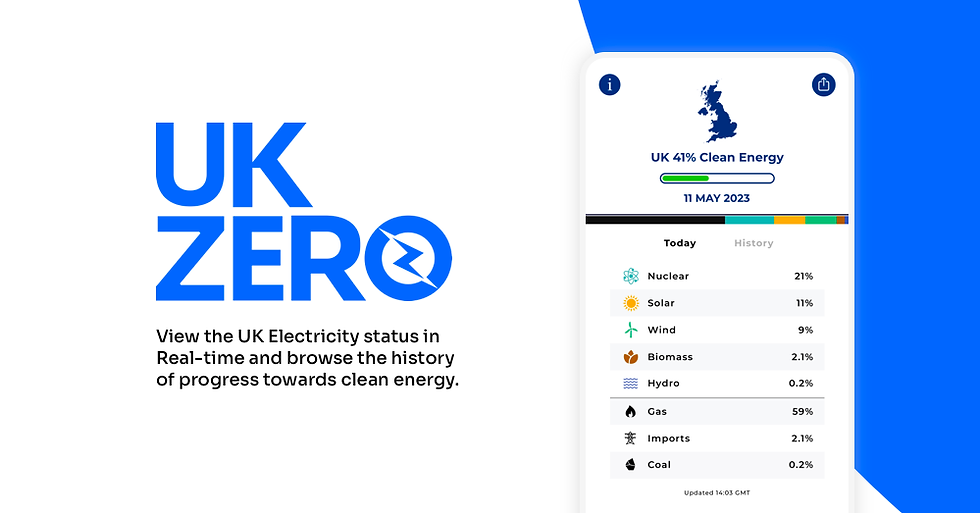FAQs - what everyone’s asking us about the climate
- Simon Mosdal

- May 27, 2024
- 2 min read
Updated: Jun 5, 2024
What is climate change?
Climate change refers to long-term shifts in temperature and typical weather patterns across a place regionally or globally. It includes changes in average temperatures, precipitation, wind patterns, and extreme weather events.
What causes climate change?
The primary driver of climate change is the increase in greenhouse gas emissions, mainly caused by human activities like burning fossil fuels for electricity and transportation. These gases trap heat in the atmosphere, causing global temperatures to rise.
What are the effects of climate change?
Climate change already impacts the planet in many ways, including rising sea levels, more extreme weather events (floods, droughts, heatwaves), melting glaciers and ice sheets, changes in plant and animal life, and agricultural disruptions.
Science and Impacts:
Is climate change real?
There is overwhelming scientific evidence that climate change is real and caused by human activities.
What are the long-term impacts of climate change?
If left unchecked, climate change could have devastating consequences, including rising sea levels submerging coastal cities, mass extinctions of plant and animal species, and widespread food shortages due to extreme weather events.
Is it too late to act on climate change?
While the situation is urgent, it's not too late to act. By taking decisive action now, we can still mitigate the worst impacts of climate change and build a more sustainable future.
Individual Actions:
What is my carbon footprint?
It is the total amount of greenhouse gases, such as carbon, released due to individual actions such as driving a car.
How can I reduce my carbon footprint?
There are many ways to reduce your carbon footprint, such as using energy-efficient appliances, walking, cycling, or using public transport instead of driving, reducing your meat consumption, and choosing energy-efficient homes.
What can I do to be more sustainable?
Being sustainable goes beyond reducing your carbon footprint. It's about making conscious choices that minimise your environmental impact. Some examples are using reusable bags, avoiding single-use plastics, conserving water and electricity, and supporting companies with sustainable practices.
The UK and Climate Change:
What are the UK's climate goals?
The UK has committed to achieving net zero emissions by 2050. This means balancing greenhouse gas emissions with those removed from the atmosphere.
What is the UK doing to address climate change?
The UK is taking various steps to address climate change, including investing in renewable energy sources like solar and wind, improving energy efficiency standards for buildings, and promoting electric vehicles.
How can I get involved in climate action in the UK?
There are many ways to get involved in climate action in the UK. You can support organisations working on climate solutions, contact your local representatives to advocate for climate policies and participate in climate protests or events.
Join the movement! Download UK Zero, connect with others, and let's work together for a sustainable future.




Comments